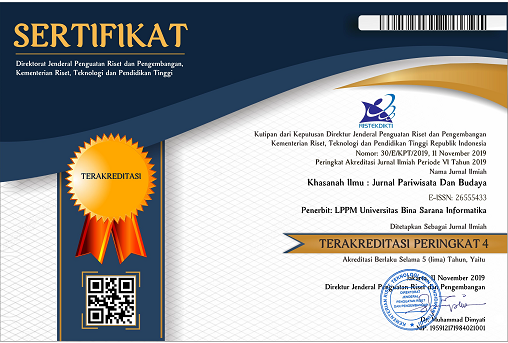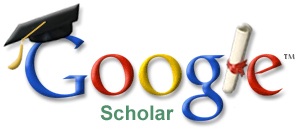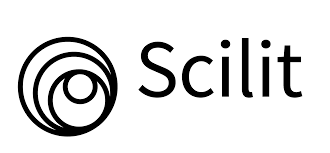Famtrip Diffable: An Inclusive Tourism Development as an Effort in Realizing Disability-Friendly Tourism
Sari
Kata Kunci
Teks Lengkap:
PDFReferensi
Job Orientation results data at the Kulon Progo Regency Tourism Office, Wates; Monday 13 September 2021 – Monday 13 December 2021.
Global website of the World Health Organization. https://www.who.int/ru/newsroom/fact-sheets/detail/disability-and-health, accessed: 6 June 2022.
Agovino, M., Casaccia, M., Garofalo, A., & Marchesano, K. (2017). Tourism and disability in Italy. Limits and opportunities. Tourism management perspectives, 23, 58-67.
Hersh, M. A. (2016). Improving deafblind travelers’ experiences: an international survey. Journal of Travel Research, 55(3), 380-394.
Lyu, S. O. (2017). Which accessible travel products are people with disabilities willing to pay more? A choice experiments. Tourism Management, 59, 404-412.
Oliver, M. (1996). The Social Model in Context Understanding disability: From theory to practice (pp. 30-42).
Corrêa, S. C. H., & de Sevilha Gosling, M. (2021). Smart Tourism Destinations from the Perspective of Travelers with Disability. Almatourism-Journal of Tourism, Culture and Territorial Development, 12(23), 1-20.
Churilina, I., Larchenko, L., Anisimov, T., & Volkov, A. (2021). Inclusive tourism as a method for rehabilitation and restoration of human well-being. In BIO Web of Conferences (Vol. 29, p. 01004). EDP Sciences.
Rebelo, S., Patuleia, M., & Dias, Á. (2022). Inclusive Tourism: Assessing the Accessibility of Lisbon as a Tourist Destination. Tourism and Hospitality, 3(2), 466-495.x
Noviyanti, U. D. E., Rinekso, E. Y., & Hadi, I. (2021, April). Fulfillment of Facilities for Persons with Disabilities in Taman Bungkul Surabaya. In IOP Conference Series: Earth and Environmental Science (Vol. 738, No. 1, p. 012048). IOP Publishing.
Amin, S., Pramono, S. E., & Kurniawan, G. F. (2021, May). Historical park of inclusive tourism development in Semarang. In IOP Conference Series: Earth and Environmental Science (Vol. 747, No. 1, p. 012043). IOP Publishing.
Taleska, M., Metodijeski, D., Andreeva, J., & Cuculeski, N. (2021). Accessible tourism: examples and good practices in selected countries from Europe.
Zivitere, M., Riashchenko, V., & Oborenko, Z. (2019). Tourism for all: accessible tourism in Latvia. Development and transformation processes in the tourism industry under the conditions of globalization, 23-30.
Medarić, Z., Sulyok, J., Kardos, S., & Gabruč, J. (2021). Lake Balaton as an accessible tourism destination–the stakeholders' perspectives. Hungarian Geographical Bulletin, 70(3), 233-247.
DOI: https://doi.org/10.31294/khi.v15i1.14757










